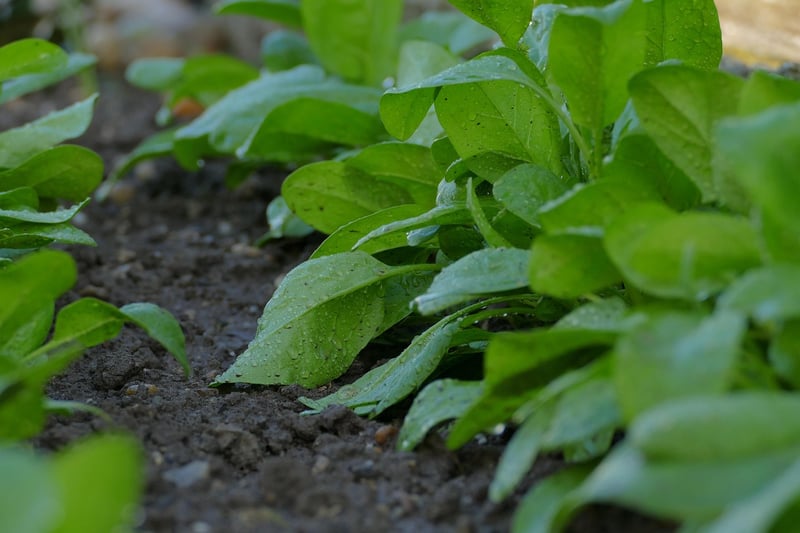Soil Preparation
Tips and Tricks for Successful Gardening
Introduction
Gardening is a rewarding hobby that brings beauty and tranquility to your outdoor space. Whether you are a beginner or an experienced gardener, these tips and tricks will help you achieve a thriving garden.
1. Choose the Right Plants
Before starting your garden, research which plants thrive in your region and climate. Selecting the right plants will ensure that they grow well and require less maintenance.
2. Provide Adequate Sunlight
Most plants need sunlight to photosynthesize and grow. Place your garden in an area that receives ample sunlight throughout the day, ensuring your plants get the energy they need.
3. Water Wisely
Water your plants deeply but less frequently to encourage deep root growth. Avoid overwatering, as it can lead to root rot and other issues. Use a soaker hose or drip irrigation system for efficient watering.
4. Mulch Your Garden
Applying mulch to your garden helps retain moisture, suppresses weeds, and adds nutrients to the soil as it breaks down. Use organic mulch like wood chips or straw for best results.
5. Practice Crop Rotation
To prevent soil depletion and pest issues, rotate your crops each season. Different plants have different nutrient needs, and rotating them helps maintain soil fertility and plant health.
Soil Preparation
1. Test Your Soil
Before planting, test your soil to determine its pH level and nutrient content. You can use DIY kits or send samples to a lab for analysis. This will help you understand what amendments your soil needs.
2. Amend the Soil
Based on your soil test results, amend the soil with organic matter like compost, manure, or peat moss. This improves soil structure, fertility, and drainage, creating a healthy environment for your plants.
3. Till the Soil
Use a garden tiller or a shovel to loosen the soil before planting. This helps with aeration, root penetration, and water drainage. Avoid tilling when the soil is too wet to prevent compaction.
4. Create Raised Beds
If your soil is poor or compacted, consider creating raised beds filled with quality soil mix. Raised beds provide better drainage, warmer soil temperatures, and easier access for planting and maintenance.
5. Add Organic Fertilizers
Organic fertilizers like compost, bone meal, or fish emulsion are excellent choices for feeding your plants naturally. These fertilizers release nutrients slowly, promoting long-term plant health.

By following these tips and preparing your soil effectively, you'll be well on your way to a successful and bountiful garden. Happy gardening!
